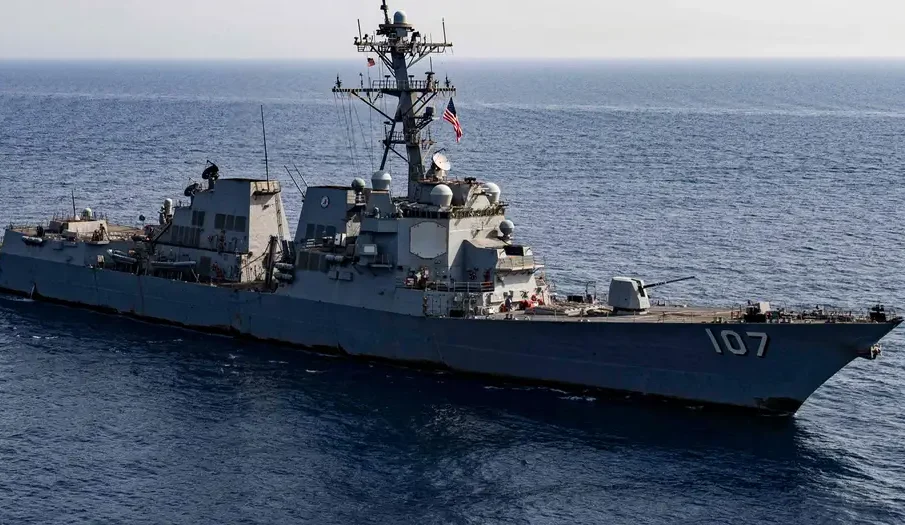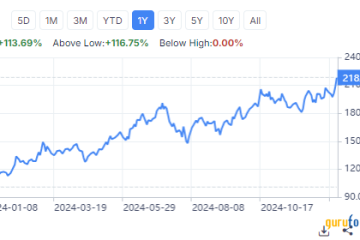Understanding the Crisis in Venezuela: A Deep Dive

Introduction
The situation in Venezuela has garnered international attention due to its political turmoil and economic instability, impacting millions of citizens. The significance of Venezuela as a country rich in resources, particularly oil, juxtaposes sharply against the backdrop of widespread poverty and a humanitarian crisis that has led to mass emigration.
The Political Landscape
Venezuela has been embroiled in a political crisis since 2013 when Hugo Chávez passed away, leaving his successor Nicolás Maduro to face declining approval ratings and allegations of electoral fraud. Maduro’s government has faced significant opposition, leading to protests and violent clashes. In 2021, a coalition of opposition parties attempted to challenge Maduro’s regime, but their efforts were largely undermined by government repression and manipulation of electoral processes. International bodies, including the United Nations and the Organization of American States, have called for free and fair elections, but these calls have largely gone unanswered.
Economic Factors
Economically, Venezuela was once one of the wealthiest countries in Latin America, primarily due to its vast oil reserves. However, mismanagement, corruption, and falling oil prices have led to a devastating economic collapse. The International Monetary Fund (IMF) estimates that the country’s GDP has contracted by about 75% since 2013, resulting in hyperinflation and a dramatic increase in poverty levels, with over 90% of the population now living below the poverty line. Essential goods, including food and medicine, are often scarce, leading to malnourishment and health crises.
Humanitarian Crisis and Migration
The economic downturn has precipitated a humanitarian crisis. According to the United Nations, more than 6 million Venezuelans have fled the country since 2014, making it one of the largest migration crises in modern history. Neighbouring countries, particularly Colombia, have borne the brunt of this outflow, leading to strained resources and increased social pressures.
Conclusion
The future of Venezuela remains uncertain. Despite widespread protests and calls for change, the Maduro government shows little sign of relinquishing power. International observers are concerned that without international support and intervention, the crisis will worsen, leading to further suffering for the Venezuelan people. As the situation evolves, continued global awareness and pressure will be crucial in the search for a resolution that restores democracy and stability in Venezuela.









